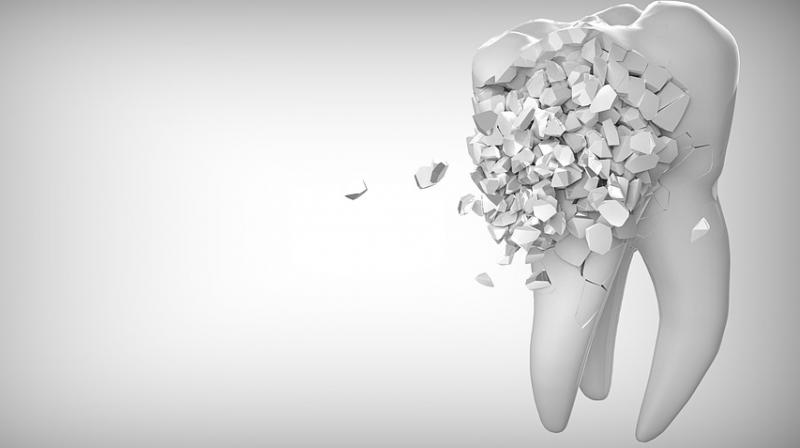New study links tooth loss to malnutrition

WASHINGTON DC: According to a new study, older adults with tooth loss are at higher risk of both impaired oral health and malnutrition.
The study, which appeared in the Journal of Aging Research and Clinical Practice, analysed the health records of 107 community-dwelling senior citizens treated at the Rutgers School of Dental Medicine clinic between 2015 and 2016.
The results showed that more than 25 per cent of the patients had malnutrition or were at risk for malnutrition.
"The mouth is the entryway for food and fluid intake. If its integrity is impaired, the functional ability of an individual to consume an adequate diet may be adversely impacted," said lead author Rena Zelig, director of the Master of Science in Clinical Nutrition Program at Rutgers School of Health Professions.
According to Zelig, the findings showed that dental clinics are ideal locations to perform nutritional status screenings as they can identify patients who may not regularly visit a primary care provider and who may be at risk for malnutrition.
"Clinicians also can provide patients with referrals to Registered Dietitians and community assistance programs such as Meals on Wheels to prevent further decline in nutritional status," she added.
This was the first part of a mixed-methods grant to research the associations between tooth loss and nutritional status in older adults. The second part of the grant built on these results and qualitatively studied the eating experience and eating-related quality of life of community-dwelling older adults using qualitative interviews.
The study set the stage for further research to examine the relationships between tooth loss and malnutrition risk and the impact of tooth loss on the eating experience and eating-related quality of life.

